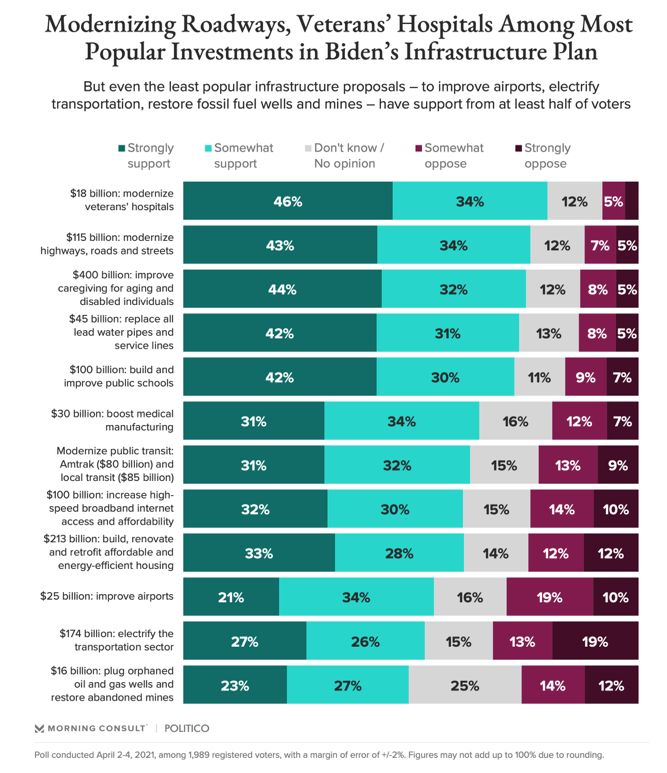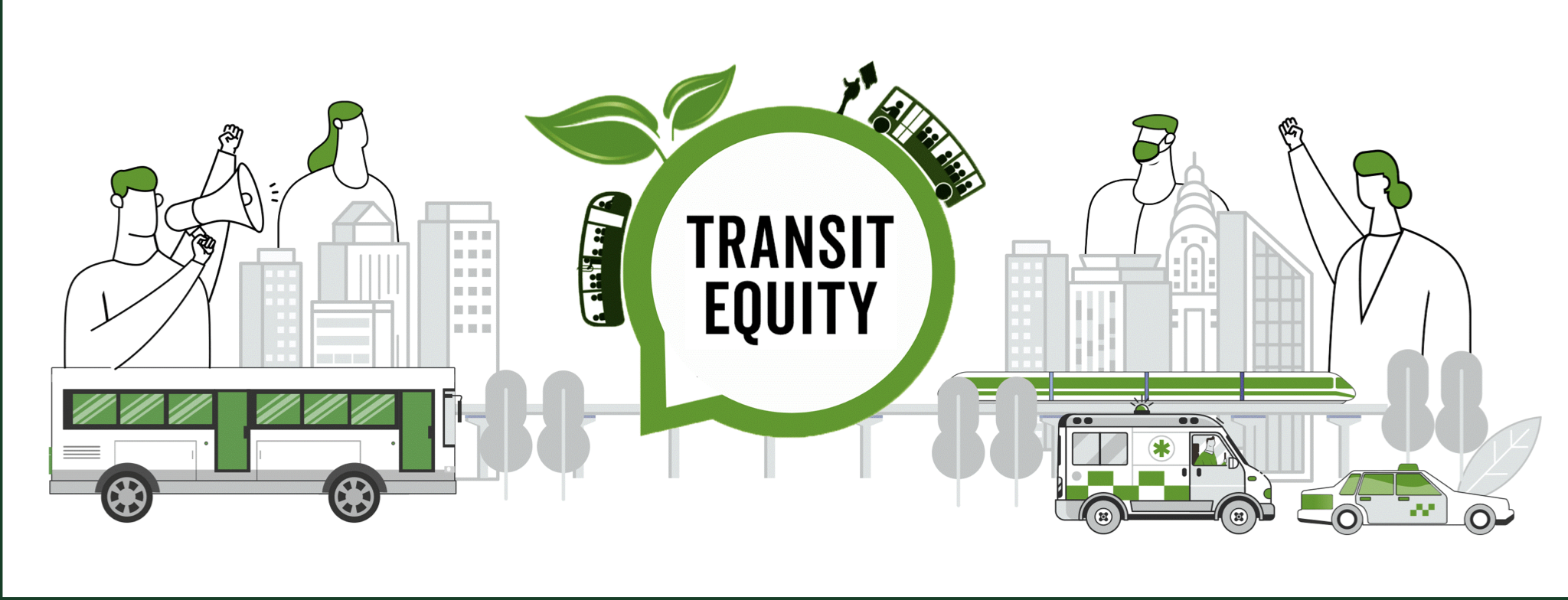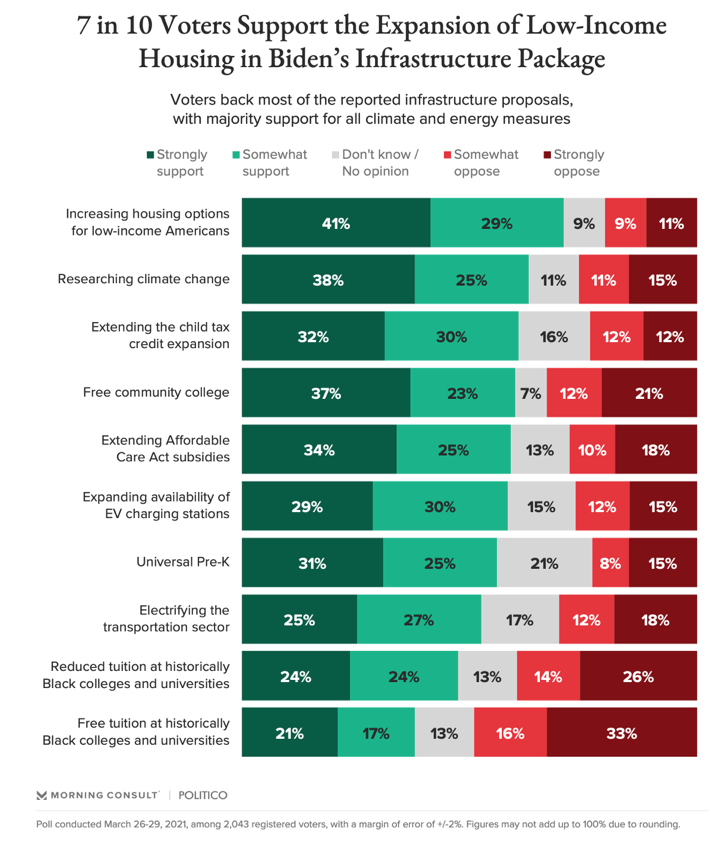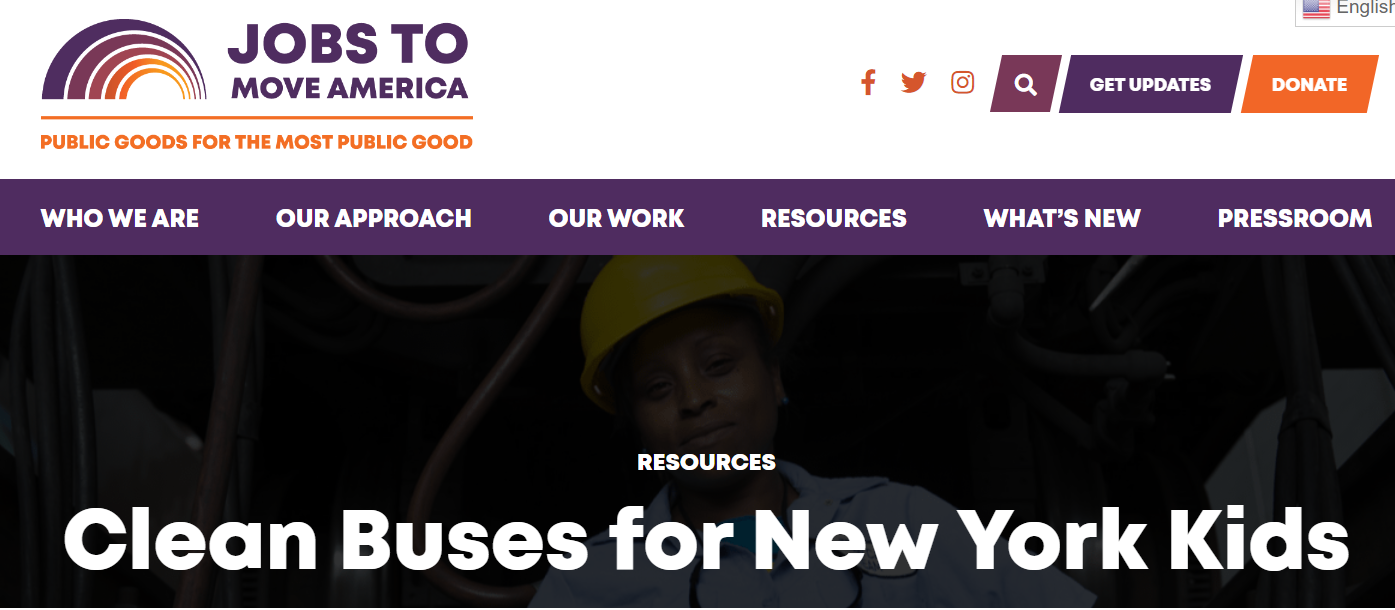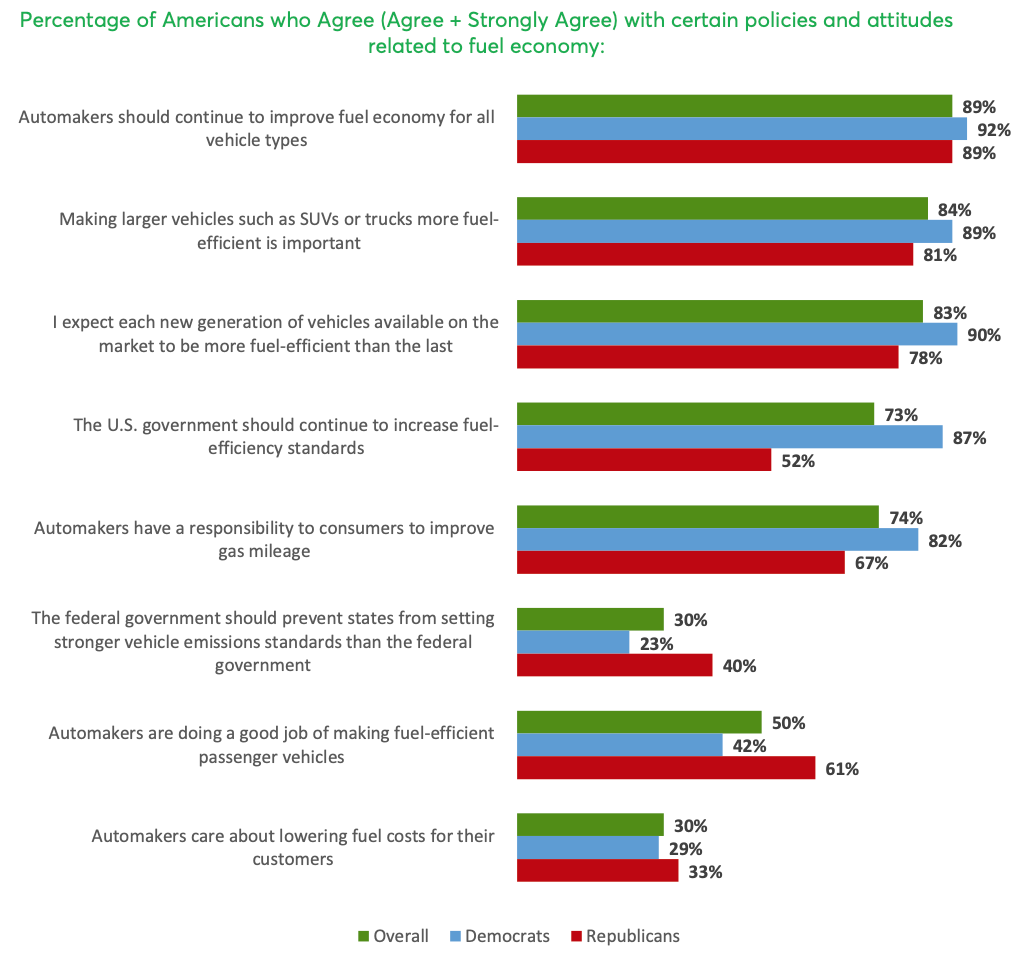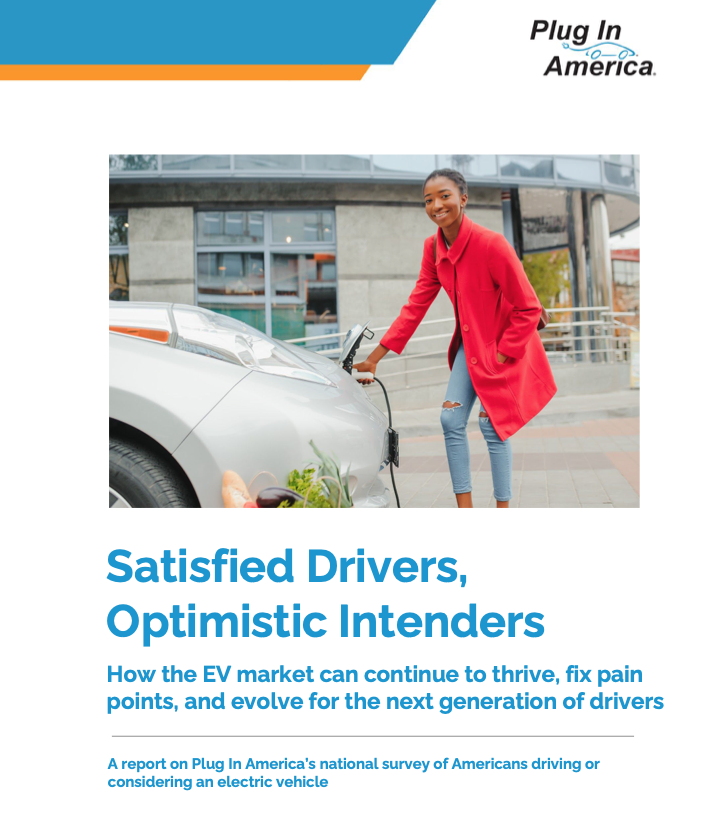Resources
Search below for resources covering the intersection of climate engagement, social science and data analytics.
RESULTS
- A broad majority (69%) of New Yorkers support levying a tax on corporate polluters, where the revenue (estimated $15 billion raised per year) would be used to invest in new renewable energy projects, community sustainability initiatives, and fossil fuel workers impacted by the transition to clean energy.
- Support for specific investments is also high:
- 65% support investing funds in large-scale renewable energy projects, like offshore wind farms and mass transit overhauls
- 63% support investing in low-income communities and communities of color to improve their climate resiliency and sustainability
- 73% support investing in programs for workers and communities impacted by the transition away from coal, oil, and gas
- 60% of voters said they support the White House’s American Jobs Plan, including 84% of Democrats, 51% of independent voters and 35% of Republicans.
- At least three-quarters of voters support the plans to devote $18 billion to modernize veterans’ hospitals; $115 billion to modernize highways, roads and streets; and $400 billion to improve caregiving for aging and disabled individuals.
- 76% of Democrats said they would support spending $174 billion to accelerate the transition to electric vehicles, including expanding the country’s EV charging network, while just 28% of Republicans said the same.
Ask Me Anything with US Department of Energy Secretary Granholm
Secretary of Energy Jennifer M. Granholm went live for a special 30-minute “Ask me Anything” (AMA) exclusively for the Climate Advocacy Lab community. The US Department of Energy will be critical to the fight to stop climate change. Listen as community members ask questions of USDOE Secretary Jennifer M. Granholm. Our goal with this event is to get information to the field about the priorities of the US DOE and to uncover opportunities for the field to have more impact on these issues.
Community Hearing on Transit Equity 2021: Findings and Recommendations
Increasing accessibility, affordability, and reliability of public transit is imperative for BIPOC, low-income people, those living in rural areas, seniors, youth, and people with disabilities. COVID-19 exacerbated transportation inaccessibility because of limited routes and slashed service times. It also posed significant threats to transit workers who were not given adequate protection. Transit agencies must have safeguards in place to combat the negative effects of future pandemics as well as climate change. Such policies include better sick and family leave policies for transit drivers and electrification of the transportation sector to meet climate goals.
- Other measures aimed at combating climate change or transitioning away from fossil fuels also have majority backing, including expanding the country’s electric vehicle charging network (59%) and taking other steps to electrify the transportation sector (52%).
- Increasing housing options for low-income families garners the support of 70% of registered voters, including 87% of Democrats and 53% of Republicans.
- Millennials are at least 10 points more likely to back all of the proposed educational measures, such as free tuition at historically Black colleges and universities, a measure supported by 38% of all voters.
Poll: Voters Support Stimulus for Clean Energy, Climate
American voters strongly support clean energy infrastructure investments to kickstart the economic recovery, support action on climate change as part of stimulus recovery packages, and want their elected officials to support those policies as well.
As part of an economic stimulus package, a majority of voters support:
- Assisting states and regions recovering from recent extreme weather and climate disasters (79%);
- Reinforcing infrastructure to withstand the effects of climate change and extreme weather such as severe flooding and hurricanes (73%);
- Building new power lines to transport renewable energy (70%);
- Creating a jobs program for unemployed oil and gas workers to safely close abandoned oil and gas wells (69%);
- Expanding public transportation such as high-speed rail, subway and light rail systems, and electric buses (67%);
- Expanding tax credits and other incentives to expand renewable energy such as solar and wind (66%); and
- Building and expanding charging infrastructure for electric vehicles (59%).
Clean buses for New York kids
A 2021 report from Jobs Move to America argues that a quick transition to electric school buses in New York City would not only reduce greenhouse gas emissions and create cleaner air environments for kids – the move would also create jobs in the city. The report details some key recommendations for achieving these benefits. First, it would require the creation and funding of pilot program and city-wide mandate to transition to electric buses. Then, at the state level, the report recommends securing job improvements for manufacturing and creating a long-term funding source for electric school buses. Advocates interested in supporting moves to electric school buses should consider these recommendations in their own advocacy efforts.
Poll: Maryland Voters Support Action on Climate and Transportation
A poll conducted in January of 2021 finds strong support for policies to improve transportation systems and address climate change in the state.
96% of Maryland voters say that ensuring safe and timely commutes to work for Marylanders is an important objective. Around 60% of Marylander voters say that reducing traffic congestion, reducing pollution that contributes to asthma and lung disease, and ensuring low-income communities and communities of color have access to public transportation are very important issues for the Maryland Transportation Authority. Furthermore, nearly 66% of Maryland voters say that Maryland should immediately increase spending on public transportation infrastructure and support a variety of transportation investments, including by not limited to: investing in repairing and maintaining current transportation infrastructure, adding new bus routes and train lines to address transportation inaccessibility, providing tax credits or rebates to those purchasing electric vehicles, and adding bike lanes.
Poll: Consumer Attitudes Towards Fuel Economy
A recent survey to better understand American attitudes towards fuel economy, particularly among prospective vehicle buyers (those who intend to purchase or lease a vehicle within the next two years) found:
- Room for improvement: Prospective buyers who currently have a vehicle most commonly selected fuel economy as one of the attributes of their vehicle that has the most room for improvement (42%); the next-highest selections were purchase price (25%) and maintenance costs (25%).
- Importance of fuel economy to vehicle selection: 64% of Americans who are planning to buy or lease a vehicle within the next two years say that fuel economy is ‘extremely important’ or ‘very important’ to them when considering what vehicle to get next. Only 6% say it is ‘not very important’ or ‘not important at all.’
- Key expectations for automakers: More than 7 in 10 Americans ‘agree’ or ‘strongly agree’ that:
- automakers should continue to improve fuel economy for all vehicle types;
- automakers have a responsibility to consumers to improve gas mileage; and
- each new generation of vehicles available on the market is expected to be more fuel-efficient than the last.
Satisfied Drivers, Optimistic Intenders
Findings from a survey of Americans driving or considering an electric vehicle offers insights into how the EV market can continue to thrive, fix pain points, and evolve for the next generation of drivers.
- 96% of current EV owners also intend to purchase an EV as their next vehicle.
- The primary motivation for EV owners to purchase the vehicle was the environment and air quality, with approximately 60% indicating this was a “most important” consideration, twice the rate of a cluster of secondary factors including cost savings, interest in cutting edge technology, energy independence, and fun of driving.
- A majority of respondents (over 75%) expressed a preference for charging from renewable energy, increasing the environmental benefits of EVs even further.
- While EV owners intend to continue EV ownership, they voice frustration with public charging infrastructure, with approximately half having experienced problems with public charging.
- People who do not currently own an EV but are considering purchasing one within the next 12 months ("intenders") are also primarily motivated by environmental and clean air impacts to purchase the vehicle, but they express less strong feelings overall, particularly less concern with the cutting edge technology and the fun of driving.
- Intenders are somewhat different demographically as well than current EV owners, and tended to be younger, less likely to earn over $100,000 per year and less likely to live in a single family home.
Pagination
- Previous page
- Page 4
- Next page
